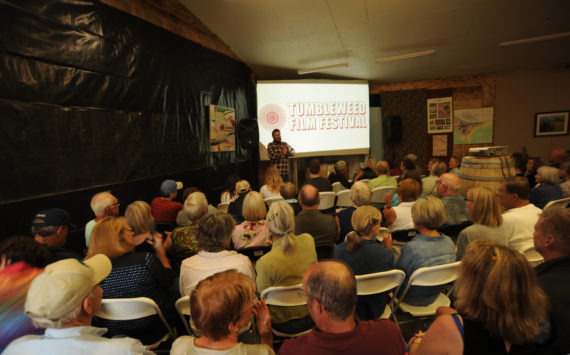Reader Board controversy sign of deeper problem
- A little bit of controversy is a good thing. We get suspicious when our elected leaders and boards seem to be operating without any little bumps in the road. However, we think all the hoopla over the cost of the new reader board at the last Oroville School Board meeting is a sign of a deeper problem.
- This school board, made up four-fifths newcomers, we’ll let’s make that three-and-a-half-fifths as David Nutt has served on the board before, seems like it is still trying to find its way. They also seem to be divided – those who are pro-Superintendent Steve Quick and those that are con. To even the most casual observer it looks like the superintendent and Director Phil Barker, the board chairman, don’t often see eye-to-eye. We’d say the most recent manifestation of this is the chairman’s opinions on the new reader board and whether the superintendent had the right to approve spending $10,000 in school funds to make up the difference between what the Booster Clubs and Kinross Gold donated.
- Director Rocky DeVon, recently back from school director training, told the board before all the back and forth on the reader board had come up, that the main emphasis of the workshop was that school boards should not try to be micromanager. He said the board is just that – the company’s board of directors. The superintendent is like the company CEO (we guess that makes business manager Shay Shaw CFO). In the case of a school board, city council, county commissioners, PUD District, the board approves the budget at the beginning of the year and then the administrators and department heads spend the money allocated. It may have been somewhat flippant, but as DeVon said regarding the superintendent and his budget, “I don’t want him to come to us every time the district needs to buy toilet paper.”
- Of course if the administrator or department head spends money is such a way that the board deems unwise and not according to or within the budget, then at the employees next evaluation it can be noted. If it’s blatantly not within the board’s wishes or within the employees purview, then even harsher steps can be taken.
- The superintendent was empowered by the board to make certain decisions on how the district’s money will be spent. Superintendent Quick used that power to do what he thought was best, exercising due diligence by researching the district’s options before making the purchase and then going ahead and ordering the sign. If Quick was remiss it was in not sharing the information with the board when the two donations were approved. The public, as well as the full school board, would probably have liked to know what the district’s share was going to be.
- It’s starting to look more like a personality conflict between at least the board chairman and the superintendent. The ongoing email controversy has yet to be settled in Mr. Barker’s opinion. He feels Quick did not have the right to share an email he wrote to a faculty member with a member of the public who requested it. It’s an interesting issue, pitting federal electronic privacy rights against the state’s public right to know laws.
- Let’s hope that there can be some kind of truce obtained so that we don’t end up wasting the public’s time with future board meetings that stretch out over two and half hours.






